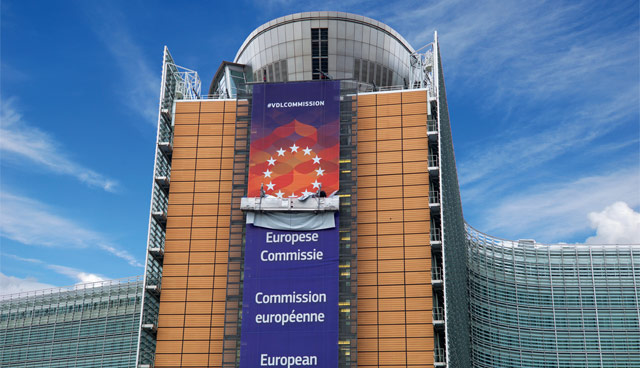A ‘Geopolitical’ Commission

The European Commission’s class of 2019–2024 began work in early December, a month later than expected, under the leadership of Ursula von der Leyen. Von der Leyen’s 27-strong team, which she named the “geopolitical commission” was supported by 461 MEPs against 157 who opposed and 89 who abstained.
Von der Leyen is the Commission’s first female President and she has included 12 women in the new Commission, three more than the first team brought forward by Jean-Claude Juncker. Her gender-balanced team is dominated by Brussels experience and ranges in age from the youngest new commissioner Virginijus Sinkevičius of Lithuania (29) to Spain’s Josep Borrell (72), a former European Parliament President.
The appointment of the former German defence minister’s Commission was not all plain sailing, of the first 26 proposed commissioners (excludes Britain), three were rejected.
Supporting von der Leyen, she has appointed three senior Executive Vice-Presidents to take the lead on three core areas of ‘an economy that works for people’, a ‘European green deal’ and a ‘Europe fit for the digital age’.
Climate, digital and industrial policy will be key areas of focus for the new commission in the five years ahead and are prominent within the six priorities outlined by von der Leyen:
- a European Green Deal;
- an economy that works for people;
- a Europe fit for the digital age;
- promoting our European way of life;
- a stronger Europe in the world; and
- a new push for European democracy.
Within these priorities, two of the largest and most contentious projects will be ambitions to get all member states to go carbon neutral by 2050, a much more costly affair for those member states who still rely heavily on fossil fuels, on pay and on the “human and ethical implications” of artificial intelligence.
However, such lofty ambitions face curtailment in the face of disagreement between member states around the costs of implementing priorities. Any hopes that the EU’s budget out to 2024 could be agreed in 2019 are gone and could be pushed out to as late as the second half of 2020.
Brexit is the main cause of member states such as Germany arguing for the budget to be held at a lower percentage of the EU’s gross national income than proposals by the Commission and the Parliament. The FT calculates that Germany, the Netherlands, Denmark, Sweden and Austria finance about half of net payments to the EU budget in 2020. The prospect of this rising to three-quarters by the end of 2027 is seen as disproportionate and member states recognise difficulties in their citizens accepting such figures.
However, the Commission views a focus on net contributions to the budget as “seriously flawed”, believing such a view fails to measure the single market benefits and collective action.





